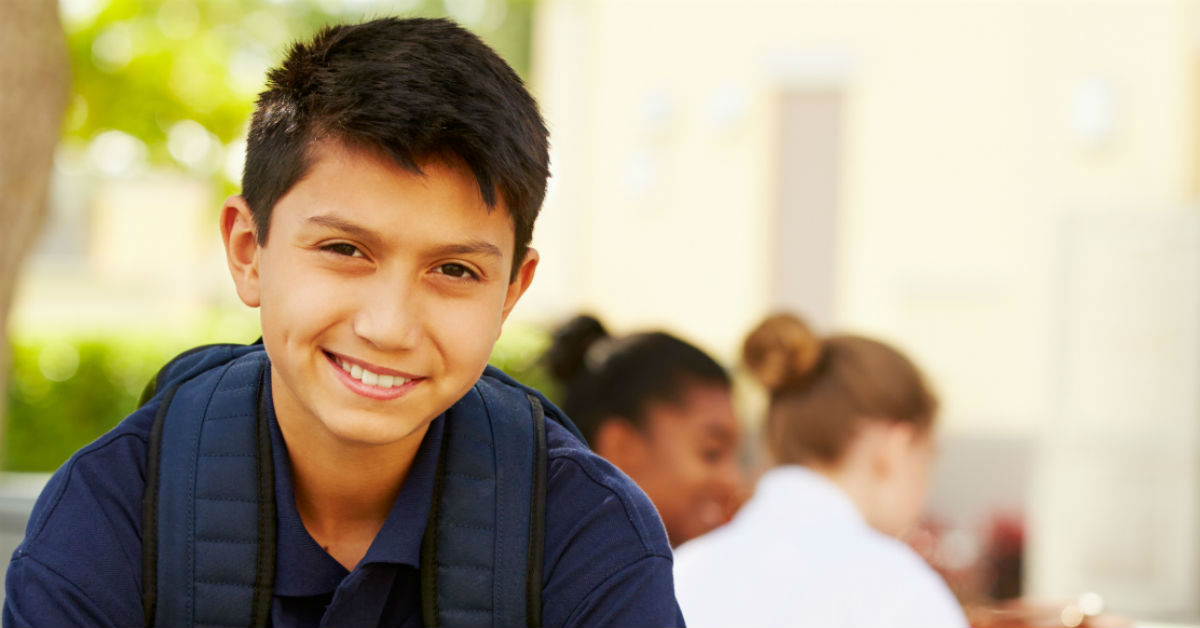Are you considering family counseling as away to help your teen cope with substance abuse? Perhaps you are interested in this type of therapy to deal with your teen’s increasingly concerning behavior. Here, we review the basics things that you can expect as you seek family counseling. Then, we invite your questions or comments at the end. In fact, we try to respond to all comments with a personal, prompt reply.
The role of family counseling
The family has a central role to play in the treatment of any health problem, including mental health issues and substance abuse. Family work has become a strong theme of many treatment approaches, but because addiction affects the individual primarily, focus on the family has been somewhat secondary in the past. This is changing.
Family counseling has demonstrated positive results in both adults and adolescents. For example, in a series of comparisons involving adolescents with and without behavior disorder, family counseling was found to be more effective than supportive counseling. This is because counseling with the entire family group is not aimed only at addressing substance use problems but other co-occurring problems such as conduct disorders, child mistreatment, depression, family conflict, and unemployment. But how is this type of therapy supposed to help, exactly?
The inclusion of family members and even close friends in addiction treatment by holding family sessions can facilitate recovery. Encouraging family involvement can help the addict create a better, more knowledgeable support network; it may decrease the family’s enabling or codependent behaviors that tend to impede the addict’s recovery; and it will allow the counselor to intervene in any upsetting family situations that might otherwise potentiate a relapse.
Who is involved in family counseling?
Family counseling involves the addict along with at least one significant person such as a parent or a sibling. Counselors engage families in applying the behavioral strategies taught in the sessions and in acquiring new skills to improve the home environment. Teen addicts are encouraged to develop behavioral goals for preventing substance use which can beanchored to a contingency management system.
What techniques does family counseling for addiction employ?
Family counseling usually combines some form of behavioral contracting with contingency management. AS a complement to addiction counseling, the process involves the family into treatment by setting up a system of structure and accountability.
Meanwhile, individual addiction counseling specifically addresses the symptoms of drug or alcohol addiction. Therapists help teens explore related areas of impaired functioning and the content and structure of an ongoing recovery program. This model of addiction counseling is a time-limited approach that focuses on behavioral change, 12-step ideology and tools for recovery, and self-help participation.
What can you expect during family counseling sessions?
Sessions usually last about an hour and take place at a clinic, at the counselor’s office, or (less often) in a family member’s home. The focus of the session may be on the person in treatment, on another family member, or on the family as a whole. Sessions can be low-key or intense, depending on the purpose of the particular session.
Before starting the first session, the counselor may ask family members to sign a contract. This is a way to show that family members agree to certain behaviors, such as to continue individual treatment or to not interrupt each other. Family members also may be asked to sign a consent form to show that they understand the ground rules for privacy and confidentiality. Usually, everyone including the counselor is expected to respect the privacy of what is said during each session and not share it with anyone outside the group.
During treatment, those people who are dealing with addiction are prompted to set goals related to effective behaviors. During each session, the behavioral goals are reviewed, with rewards provided by significant others when goals are accomplished. They participate in the treatment planning and choose specific interventions from a menu of evidence-based treatment options.
Over the course of time, the family counselor may refer the whole family or individual members to extra sources of help. For example, the counselor may encourage family members to go for individual counseling, to join a mutual- help group, or to take classes on topics such as parenting or anger management.
What happens during a typical family addiction counseling session?
There are many things that can happen during family counseling. A counseling session can be devoted to communicating family concerns and how they affect their lives. Conversation is a great tool for the counselor to define ways of dealing with the problems occurred. Another possible topic for a family counseling is coping skills, such as how to face fear, understand regret and sadness, or deal with anger. Overcoming these feelings start by sharing them with the family. This is how you can bring relief and deeper understanding about your life situations.
Furthermore, counseling can be focused on learning effective communication between each other. The counselor might present the benefits of speaking up and how important is saying “no” to unreasonable demands, or teach how to give an honest compliment. Family members can be thought on how to rephrase their statements in a more positive way and learn how observing and listening skills can reduce misunderstanding.
Sometimes the counselor asks family members to do homework before the next session. For example, s/he might ask family members to watch for nice things that other family members say during the week. The counselor might ask family members to eat a meal together or to do something fun together, like play board games or go bowling. The homework is designed to help family members practice new and healthier ways of behaving with each other.
Family counseling for addiction questions
We hope to have answered your questions about family counseling for addiction. If not, please leave your questions or comments in the section below. We’ll try to respond to you personally!
Reference Sources: NIDA: Description of an Addiction Counseling Approach
http://archives.drugabuse.gov/ADAC/ADAC7.html
NIH: Family Behavior Therapy
http://www.drugabuse.gov/publications/principles-drug-addiction-treatment-research-based-guide-third-
edition/evidence-based-approaches-to-drug-addiction-treatment/behavioral-5
SAMHSA: Family therapy can help
https://store.samhsa.gov/shin/content/SMA13-4784/SMA13-4784.pdf
SAMHSA: Substance Abuse Treatment and Family Therapy
https://store.samhsa.gov/shin/content/SMA05-4032/SMA05-4032.pdf











0 Comments